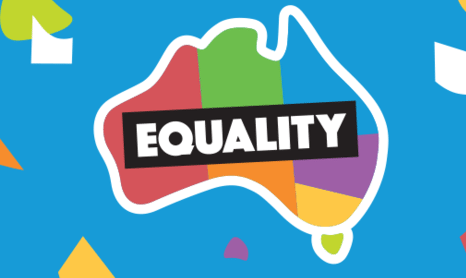Why naming an issue can be half the battle
There is no doubting the importance of language in managing a high profile issue. Look no further than the current same-sex marriage postal ballot in Australia, writes Tony Jaques.
Same-sex marriage? Gay marriage? Marriage Equality? They might all be referencing the same idea, but the choice of language is helping define the battle-lines of the opposing advocates. Indeed the question of what to call this proposal is so contentious that the national broadcaster took the extraordinary step of directing its reporters and announcers what expression to use.

In a memo to staff, ABC news editorial policy manager Mark Maley warned them to be impartial in their coverage of the debate. “The preferred terminology,” he said, “is same-sex marriage, rather than marriage equality or gay marriage.”
While such a formal intervention might be unusual, the impact of labels in issue management is well understood. At the same time as the national poll on changing the Marriage Act is asking every registered voter to express an opinion, politicians in Victoria are debating legislation to allow legalised euthanasia, or assisted suicide.

